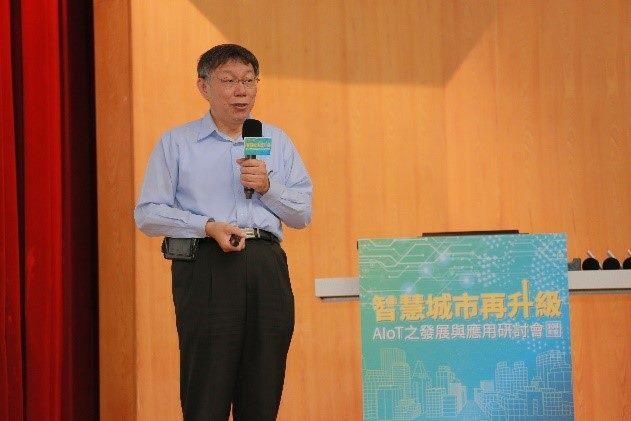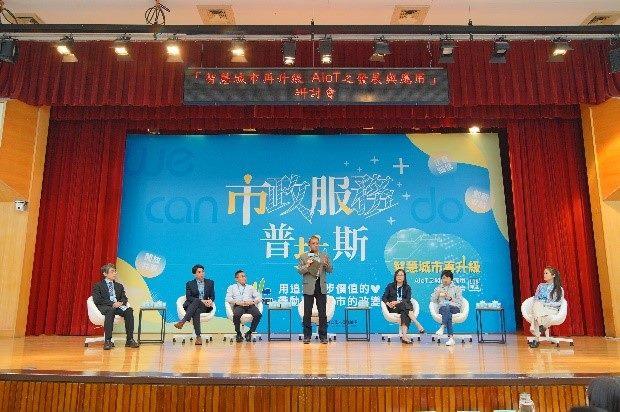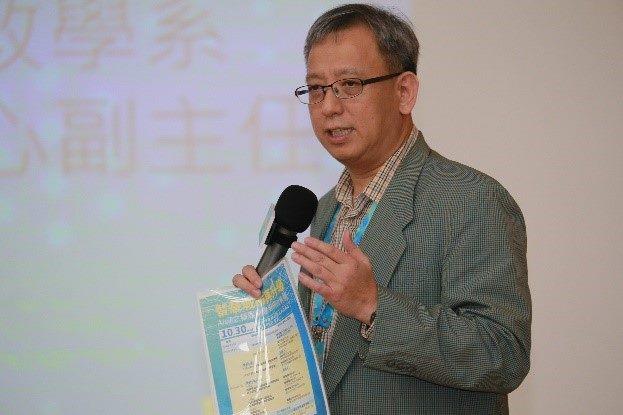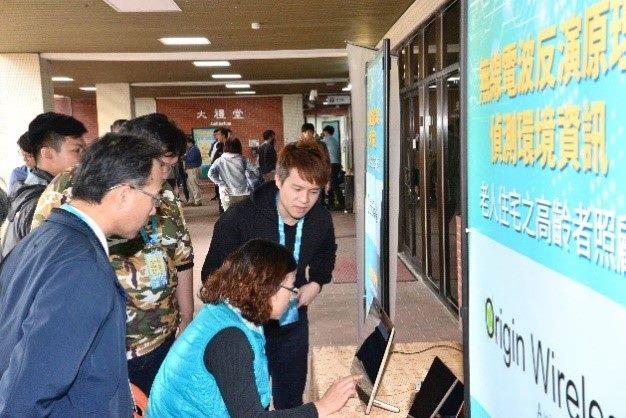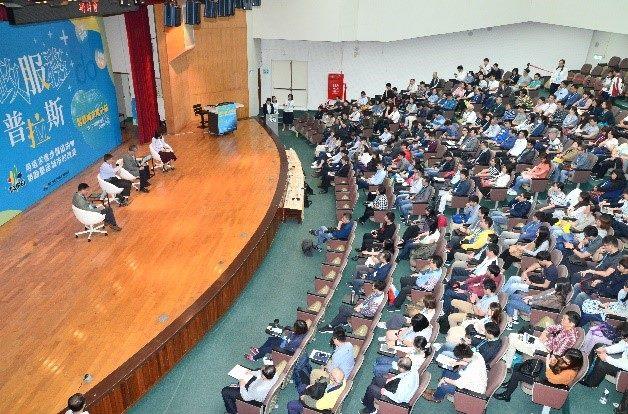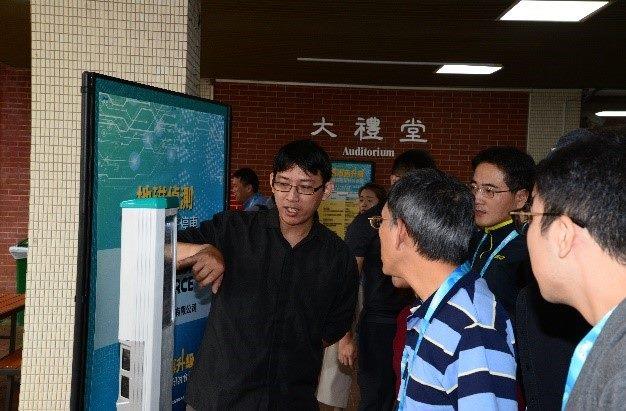The 2019 Seminar on “Invigorating Smart City – AIoT’s Development and Application” organized by the Department of Civil Servant Development, Taipei City Government was successfully concluded on October 30th
On October 30th, 2019, the Department of Civil Servant Development and the Department of Information Technology (Taipei Smart City Project Management Office) organized a seminar on “Invigorating Smart City – AIoT’s Development and Application”. In addition to explaining the initial achievements of the Taipei Smart City, experts and scholars from governmental, industrial and academic circles were invited to share their implementation experiences and to engage in dialogue with the attendees of the seminar to stimulate innovative and creative thinking on public service policies.
In his keynote speech, the Mayor of Taipei, Ko, Wen-Je emphasized that innovation is Taiwan's only way out. Through the promotion of smart cities, we can make good use of the platform to link up cross-industry resources. By designing and thinking from the perspective of the public, we will innovate the substance of public service policies, and whip up a public-private collaboration work together to invigorate Taipei Smart City.
This time, we have invited Associate Professor Hsiao Nai-Yi, Deputy Director of the Taiwen E-Governance Research Center, Department of Public Administration, National Chengchi University, to act as the moderator with Lin Po-Chi, Deputy Director of the Market Intelligence & Consulting and Chin Wei-Hsiang, Project Manager of the Taipei Smart City Project Management Office, respectively, lecturing on “The Trends and Application Examples of AIoT”, “Building Taipei Smart City as a Living Lab” and “Radio Waves Time Reversal Environmental Detection Information/ Care for the Elderly in Senior Homes”, “E-Fence Detection Application/AI Virtual Guards for Campus Security”,“Geomagnetic detection/Smart Taipei Easy Parking” three empirical cases and actual demonstration experience.
After taking note of the suggestions and feedback from the participating audience and after a lively discussion and summing up, the seminar concluded successfully. However, it was not the end but the momentum that will drive Taipei Smart City to move forward together, to create a matching platform for smart city innovation. Taipei City will be a "living lab," making the soil of Taipei City's innovative energy even more fertile.

![Taiwan.gov.tw [ open a new window]](/images/egov.png)

